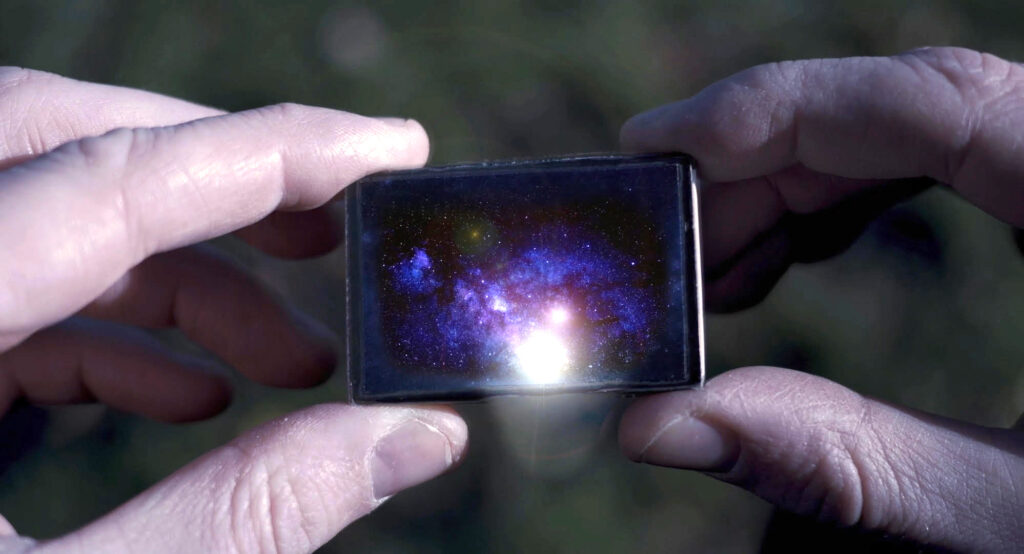
Mr. Fresh Haircut wants to conform. All that stands in his way is the universe. Or, put another way, Mr. Fresh Haircut wants to be an implementation consultant but senses that he is becoming the universe instead.
In Empty Box of Matches, Joshua Alexander depicts the world of the middle management English office worker in a way that is as grim as one would expect but surreally so. Mr. Fresh Haircut, played and filmed by Alexander, so earnestly emulates the style, language and pace of business but is so basically, innately, comically ill-suited for any place in it. Why this can be funny is telling.
While looking at some old photos of me at a visually ludicrous time in my life, a niece, laughing hysterically, said that I appeared not to have “gotten the memo.” Never having been a memo guy, I got her to explain that the term referred to someone not fitting in, like coming to the office in a suit and tie on Casual Friday (that’s funny, right?). Meanwhile, Mr. Fresh Haircut’s awkward lurching into a business conference replete with name tags and complimentary breakfast can seem, to the never cubicled, no stranger than his accidental glimpses of infinity; but Fresh Haircut’s look of bafflement and wonder when the two overlap is at once wrenching and funny whether you’ve gotten the memo or not.
Filmmaker and actor, Joshua Alexander, appears to have laid eyes on a memo or two. His mastery of corporate speak is stunning and, as framed in his graceful, somber-hued, exquisitely timed filmmaking, funny. Keenly aware that a joke founded in alienation and pain is best told with a straight face, Alexander adheres mostly to a lugubrious tone in setting and mood. The close-cropped Mr. Fresh Haircut, is dressed, like everyone else in the film, in an off-the-rack black suit, white shirt and black tie. He emerges from his apartment in a house on a major thoroughfare to hunt for his place in the world/universe in modern, red-brick, just-off-the-motorway corporate parks. In transit there is the Best One convenience store for sustenance — tea/coffee, cigarettes, booze — and a graffitied concrete underpass that serves as a wormhole to other worlds both corporate and astral.
Many artworks are described as gemlike but few merit the analogy. While Empty Box of Matches is as unified as carborundum, its disparate facets link up in ways that reveal and bemuse. Images, settings, phrases and names recur but in shapeshifting contexts: the lipstick stain on Mr. Fresh Haircut’s takeout coffee; the sun dappled (in any weather) pine forest at the end of an alley, on the bathroom mirror, in the shadows next to a conference pie chart presentation on “how visibly engaged has your CEO been in your most recent transformations”; and, of course, the image of distant galaxies on an empty matchbox relating practically and cosmically to Haircut’s ever unlit cigarette. The names — Kieth (spelled that way), Orchid, Kedridge in Dorasai — weave in and out of Mr. Fresh Haircut’s experiential miasma like predatory fish in a kelp forest.
“My soul is the shape of a panic attack.”
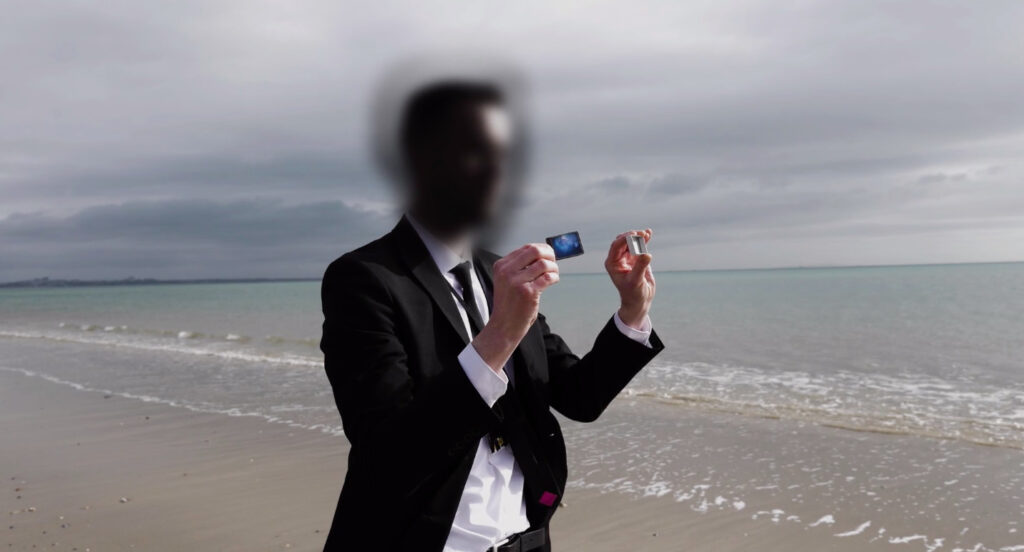
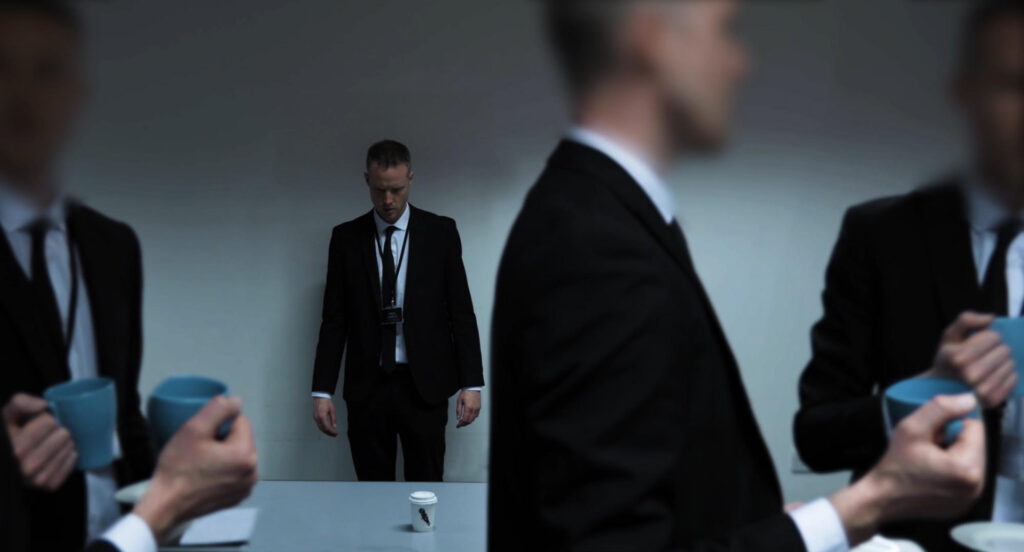
“… Kedridge in Dorasai,” as Fresh Haircut explains to Kieth, “that is the K.I.D. file as in ‘the kid,’ or it may be under Orchid as in the flower or the universe.”
That I can cite these specific elements betrays my having seen Empty Box of Matches more than once. I already miss the more generalized fun of the first viewing when the piece could sink in as a whole, its disparate parts still blurred and tangled together, the mind clinging to the tortured hilarity of lines like:
“There’s a security guard complaining about a lack of tea breaks somewhere in a dark corner of my mind.”; or, “I’ve seen you in the unreal journeys I’ve taken across simulated worlds. You’re the pixillated ghost, the shadow of my death!”; but then I might still be unaware that Alexander not only filmed this movie and plays its main character but also plays every character that appears with him, often in the same frame — a feat of intricate craftsmanship in terms of both acting (especially acting) and filmmaking.
The music is original and Alexander’s as well as are all the voices except for a robotic female voice heard while Mr. Fresh Haircut is on hold, deep in the metaphorical woods. And this music, barely noticeable, as well it should be on first viewing, covers a widish emotional spectrum on closer examination. Ranging from tense, darkly ominous tones early on to a lush, hopeful passage that lends a quality of celestial peace to a landscaped corporate campus explored by Alexander’s camera while Mr. Fresh Haircut describes a vision of success — one of several alI-I-ever-wanted soliloquies — in his low-pitched inner voice.
“….I’d write poetry in my man cave. Maybe one day someone would discover I was a genius. At work colleagues would come to me for advice or a chat and a laugh. On weekends I would take them for long drives in my car that would glide down motorways as if floating on a bed of air. I’d have a nice fitted proper suit, my own suit, so that I’d walk into the office looking like the dog’s bollocks every single day.…even then I’d still know, despite my lifetime being a mere glimpse of a vast and mysterious universe experienced briefly between two eternities of oblivion, I’d still know that all I ever wanted, all I ever really would have wanted was to have been…an implementation consultant.
The universe had other plans for me.”
Alas.


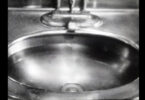

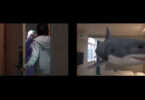
Leave a Comment